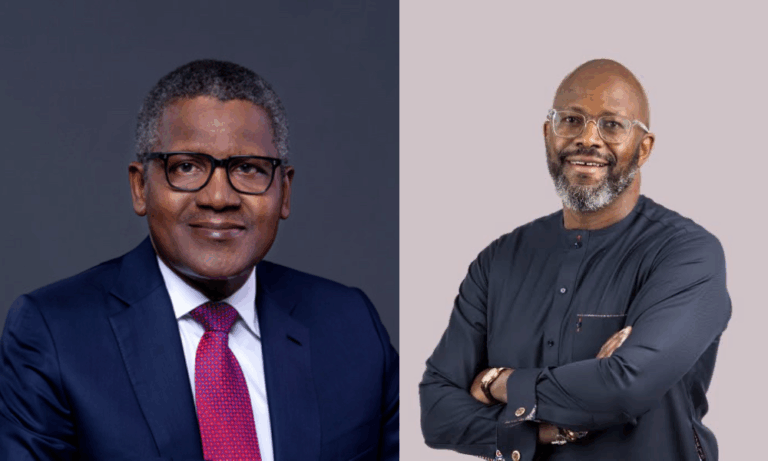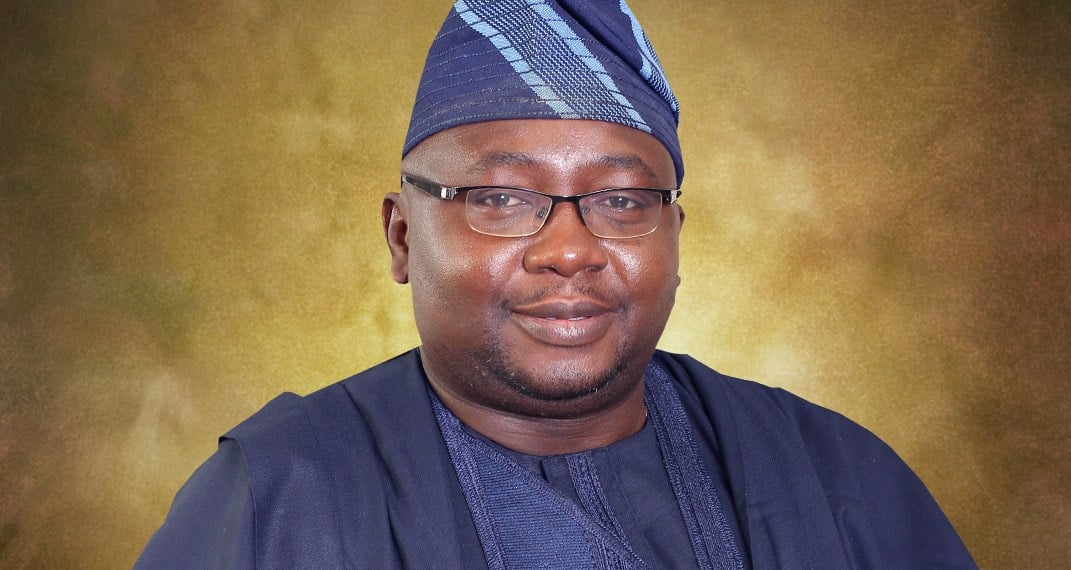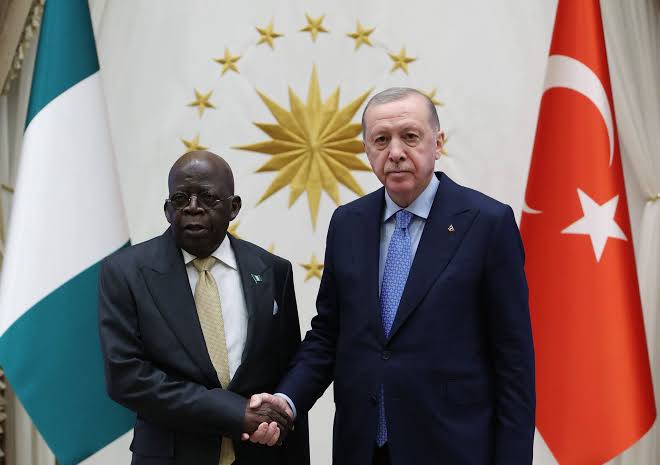Organised Labour in Nigeria is pushing for an annual adjustment of the ₦70,000 minimum wage to reflect rising inflation, describing the current wage revision system as outdated and inadequate in addressing workers’ financial struggles.
Labour leaders argue that the existing practice of revising wages every three to five years is ineffective, particularly amid the escalating cost of living in Nigeria. The proposal is aimed at ensuring that wages align with real-time economic realities.
Festus Osifo, President of the Trade Union Congress, revealed the plan during an interview on Channels Television’s Politics Today on January 1, 2025. “Instead of waiting for five years to increase the minimum wage, why can’t we reflect inflation on an annual basis?” Osifo questioned, highlighting the importance of an inflation-indexed wage system.
The TUC and the Nigeria Labour Congress are advocating for minimum wage adjustments based on the inflation rate reported by the National Bureau of Statistics (NBS).
“For instance, by mid-January 2025, the NBS will release the inflation figure for December 2024. If inflation is 35%, we propose that 35% be applied to the ₦70,000 minimum wage to maintain its value,” Osifo explained. “This systemic approach will ensure wages remain reflective of economic realities, without waiting for three or five years to make adjustments.”
Osifo acknowledged that the current ₦70,000 minimum wage, while a significant improvement over the previous ₦30,000, is insufficient in a country grappling with soaring living costs. The removal of petrol subsidies and a surge in energy prices have further strained household incomes.
Labour’s proposal includes amending the Minimum Wage Act, which currently mandates wage adjustments every five years. The goal is to institutionalize annual reviews based on inflation data from the preceding year.
“This is a position we began advocating last year, and we will continue to push for it in 2025,” Osifo said.
The ₦70,000 minimum wage was approved in July 2024 after extensive negotiations between the Federal Government and labour unions. President Bola Tinubu later ratified the agreement.
In his New Year address, President Tinubu reaffirmed his administration’s commitment to tackling inflation, which currently stands at 34.6%. The government aims to reduce inflation to 15% by the end of 2025 by boosting food production and promoting local manufacturing.
“We are resolute in our ambition to lower inflation and improve the economic landscape for all Nigerians,” Tinubu said in his message.
Labour’s proposal for an inflation-indexed wage system will likely dominate discussions in 2025 as unions push for policies that better address the financial challenges faced by Nigerian workers.









